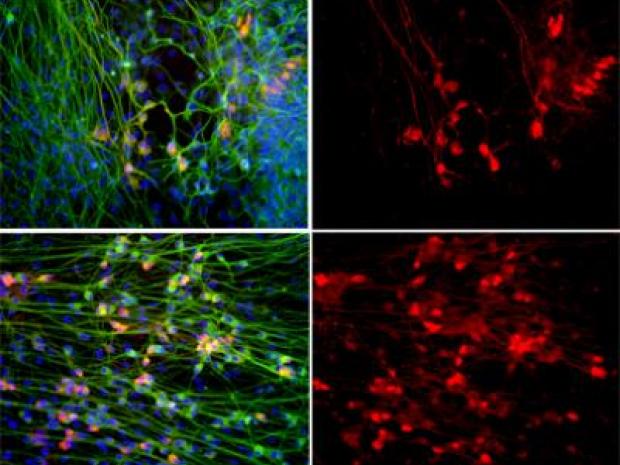From Embryonic Stem Cells to Spinal Motor Neurons: Modeling Neural Development in a Petri Dish

Hynek Wichterle, Columbia University Medical Center
Abstract
Embryonic stem (ES) cells are a unique system to model mammalian embryonic development in an accessible in vitro setting. The ability of ES cells to generate any cell type found in our organism can be harnessed to study how cellular diversity is established during development. We demonstrate this by recapitulating key aspects of neural tube patterning and spinal cord development in differentiating ES cells, leading to efficient production of spinal motor neurons in vitro. Access to a virtually unlimited supply of spinal motor neurons creates a unique opportunity to decipher molecular processes governing the conversion of a pluripotent stem cell to a committed and differentiated cell type at global and comprehensive level. Currently we examine how differentiating cells integrate patterning signals and translate them into lasting changes in chromatin architecture and in patterns of gene expression. We believe that the studies will not only elucidate the complex, yet highly reproducible processes of cell differentiation during development but also provide new and powerful tools for modeling, studying and treating human motor neuron diseases in the near future.

